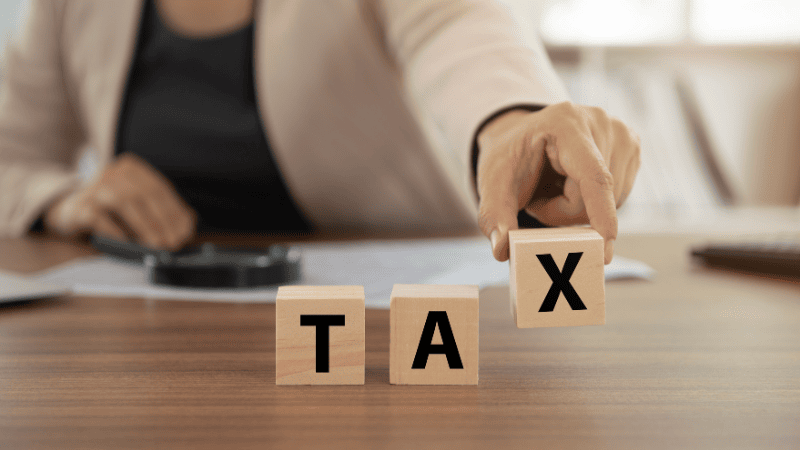Get Expert Investment Financing
- Matched with investor-friendly lenders
- Fast pre-approvals-no W2s required
- Financing options fro rentals, BRRRR, STRs
- Scale your portfolio with confidence
Educational Content | Not Financial Advice | Connect with Licensed Professionals
Real estate investing in 2025 requires smart financing—especially if you’re self-employed or have complex income streams. One loan product gaining popularity among non-traditional earners is the bank statement loan. Unlike conventional mortgages, which demand W-2s and tax returns, bank statement loans qualify borrowers based on cash flow shown in their bank accounts. But like any financing tool, they come with trade-offs.
In this guide, we’ll explore the pros and cons of bank statement loans, who they’re best for, and how to decide if they’re right for your investment strategy.
Ready to explore your financing options? Get matched with a lender here.
A bank statement loan is a type of non-QM (non-qualified mortgage) loan that uses your personal or business bank statements to verify income—no tax returns or W-2s required. Typically, lenders review 12–24 months of statements to calculate your average monthly income.
These loans are especially attractive to:
No W-2s, no pay stubs, no tax returns. This is ideal if your adjusted gross income (AGI) doesn’t reflect your actual earning power due to write-offs.
Lenders focus on cash flow, not debt-to-income ratios or strict employment history. This makes bank statement loans accessible even if you recently switched careers or run multiple side hustles.
Bank statement loans can fund everything from your home to your Airbnb or long-term rental portfolio.
Many bank statement loan programs allow borrowing amounts exceeding conventional loan caps, often up to $2–3 million per property.
Some lenders allow borrowing through LLCs, providing flexibility and asset protection—a big win for real estate investors.
Pro Tip: Bank statement loans pair well with DSCR loans. Learn more in our DSCR Loans 101 guide.
You’ll typically pay 1–2% more in interest compared to conventional loans due to higher perceived risk by lenders.
Expect a more hands-on review of your bank statements, which can slow down approval if you’re not organized.
Many lenders require 10–20% down or more, depending on your credit score and cash reserves.
Not all lenders offer bank statement loans, and terms can vary widely. It’s crucial to compare offers or work with a broker who specializes in non-QM products.
These loans aren’t backed by Fannie Mae, Freddie Mac, or FHA, meaning fewer consumer protections and stricter lending overlays.
Bank statement loans are best suited for:
If you fall into one of these categories, a bank statement loan can be a gateway to financing your next property without jumping through conventional hoops.
Want to find out if you qualify? Submit your scenario today.
While bank statement loans evaluate your personal income, DSCR loans focus on property income. If you’re investing in rental properties, a DSCR loan may be a better fit—especially if your properties generate solid cash flow.
Read more: Bank Statement vs. DSCR Loans: What’s Best for You?
| Feature | Bank Statement Loan | Ideal For |
|---|---|---|
| Income Verification | Based on deposits | Self-employed, 1099 earners |
| Down Payment | 10–25% | Those with savings |
| Interest Rates | Slightly higher | Non-W2 borrowers |
| Best Use Case | Primary or investment properties | Buyers with cash flow, not tax return income |
Yes, many lenders allow these loans for non-owner-occupied properties, especially if you apply through an LLC.
Most lenders require 12–24 months. Some may accept less with compensating factors.
Typically around 620–680, though the best rates go to borrowers with 700+.
Absolutely. Many investors use bank statement loans to buy their home and then DSCR or HELOC products to scale rental acquisitions.
If you’re ready to ditch outdated income verification and start investing on your terms:
Get matched with a bank statement loan lender now
Whether you’re scaling your rental empire or buying your dream home as a self-employed buyer, a bank statement loan might be your perfect next move.
This article is for educational purposes only and does not constitute financial, legal, or investment advice. Mortgage rates, terms, and requirements vary by lender and individual circumstances. Always consult with qualified, licensed mortgage professionals before making financial decisions. REInvestorGuide.com may receive compensation from featured lenders and service providers.
Our advise is based on experience in the mortgage industry and we are dedicated to helping you achieve your goal of owning a home. We may receive compensation from partner banks when you view mortgage rates listed on our website.


